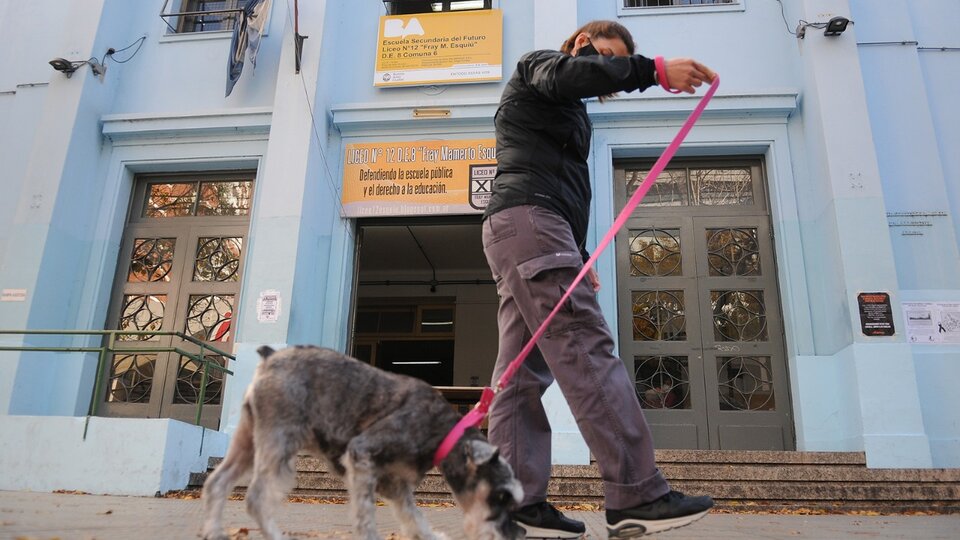
[ad_1]
A study by the international consortium of scientists MetaSUB concluded that every city in the world owns his “microbial imprint“, Which means that the different localities are home to a characteristic community of microorganisms, which varies depending on the population and environmental factors.
The research, published this Wednesday in the scientific journal Cell, was carried out between 2014 and 2017 in 60 cities and constitutes the first systematic catalog of urban microbial ecosystems developed on a global scale.
“If you gave me your shoe, I could tell you with 90% accuracy which city in the world you’re from,” says Christopher Mason, professor at Weill Cornell Medicine and lead author of the study.
The work consisted of analyzing the different species of microbes present in urban surfaces of daily use in 32 countries on six continents.
Following this line, some 4,728 samples were taken from the surfaces of transport systems, hospitals and other public spaces in which 4,246 known and 11,676 unknown species of microorganisms were detected, of which 10,928 correspond to viruses and 748 bacteria.
Mason explains that it is likely that “every time” someone sits in one of these public spaces, they take a new species with them.
Regarding the methodology, he indicated that the samples were analyzed using the “shotgun metagenomic” sequencing technique, which records the presence of bacteria, archaea and viruses using DNA as genetic material. Because of, Viruses using RNA such as SARS-CoV-2 were not detected.
Regarding the potential of the results, the article emphasizes that they will be used to “detect outbreaks of known and unknown infections”, as well as to study the prevalence of antibiotic resistance.
The Urban and Subterranean Biomes Metagenomics and Metadesign (MetaSUB) project began in 2013, when Mason began collecting and analyzing samples from the New York City subway.
After the publication of his first results, the researcher was contacted by scientists around the world who wanted to do similar studies in their own cities, so he developed a protocol for collecting samples.
Following more specific work on the microbiome in wastewater, Uruguayan scientists from the Institut Pasteur (IP) in Montevideo have created two other projects: MetaSEW and MetaCOV.
In turn, the MetaSUB consortium launched a new study in 2020 focused on investigating the prevalence of SARS-CoV-2 and other types of coronavirus in domestic cats, while planning a surface study at the Olympics. of Tokyo 2020 like the one he already achieved in those of Brazil in 2016.
.
[ad_2]
Source link
 Naaju Breaking News, Live Updates, Latest Headlines, Viral News, Top Stories, Trending Topics, Videos
Naaju Breaking News, Live Updates, Latest Headlines, Viral News, Top Stories, Trending Topics, Videos